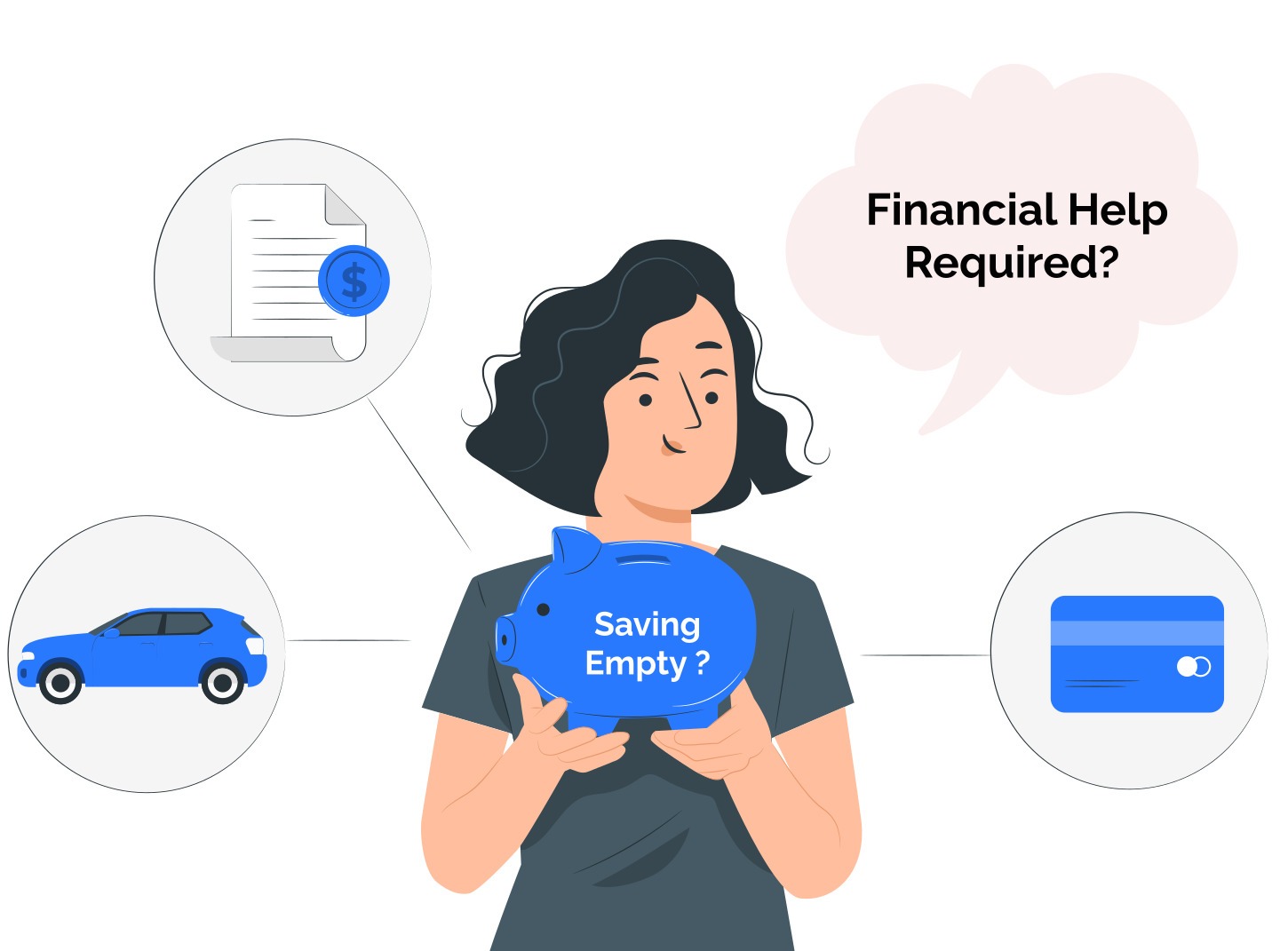
 April 8, 2024
April 8, 2024
Owning a Credit Card has become a lifestyle necessity. When an individual earns a regular income, Applying for a Credit Card becomes the next objective. Even if there is no urge to use it, offers stream in from various Banks and are hard to resist.
A Credit Card is handy because it allows spending to be repaid later. While enjoying the benefits, one usually acquires additional cards from other issuers.
The statement or bill for the payment of Credit Card spending is generated after a month. A user is granted a grace period of up to 15 days to pay for the due date. If an individual cannot pay a minimum amount due, 5% of the total bill must be deposited. The balance is carried over to the following statement.
The relief of not having to pay immediately comes at a cost, as 36% interest is charged on the pending amount. Any further card usage, if not paid on time, also attracts interest.
Therefore, without adding expenses, the amount due will double in two months, and if an applicant has numerous cards, the dues can mount considerably. Before realising it, an individual can fall into a debt trap.
An individual can use a Credit Card to pay for expenses and credit transactions up to the assigned limit. The card issuer will prescribe a limit according to the applicant’s income. If the limit has been used, further transactions are declined until the dues are cleared.60% to 70% of the card limit is assigned for credit transactions and 30% to 40% for cash withdrawal.
The cash withdrawal facility is meant for emergency use. The cash must be repaid shortly, as interest is charged daily on the money drawn.
Suppose the usage of a Credit Card or multiple Credit Cards has exceeded 70% of the limit, and the holder has withdrawn cash on behalf of the card and does not have the resources to pay after the billing cycle is complete. In that case, the dues must be cleared as per the statement’s due date, or other options, including a Balance transfer, must be considered immediately.
The expenses made using a Credit Card should be accounted for in the monthly budget. Ideally, when swiping a credit card, the payment amount should be available in the account or expected before the billing cycle is complete. Indiscriminate spending on a card can cause budgetary problems when the payment due date is near.
If you have made excessive expenditures due to an emergency, occasional leisure expenditures, or the temptation to buy an item that is currently unaffordable, swiping your card will help.
Suppose funds are unavailable for the total amount due. In that case, the following options will help tide over the situation: Contact the card issuer and request that the due amount be converted to equated monthly instalments, which will be charged a fixed interest, or transfer the balance to an alternate card.
If multiple cards have been used and repayment is unaffordable, Apply for a Balance Transfer of the Credit Card dues to a Personal Loan.
Leading Banks such as HDFC Bank, Axis Bank and Kotak Bank offer to take over pending Credit Cards dues for eligible applicants. Taking timely action to Apply For a Balance Transfer of Credit Card dues will serve well, as the transfer can be denied if the transfer criteria are unmet. Although each lender has exclusive criteria, the basics are similar.
The minimum, 5% of the total due, must be paid on time by the payment date. The card statement must not reflect negative remarks such as over-limit usage fees, delayed payment charges, or overdue charges. The total unpaid dues of all the credit cards must not exceed five times the monthly salary drawn.
Axis Finance is a wholly owned subsidiary of Axis Bank that takes over the balance payment of Credit Cards if the EMI is up to 6o% % of the applicant’s salary.
The applicant’s CIBIL Score must be above the required benchmark, and the profile must meet the bank’s policy requirements.
Transferring credit card dues to a Personal Loan with an external financer is quick and convenient. The process takes 5 to 7 working days.
The applicant applies for a new loan with the required documents and requests a balance transfer of credit card dues. Copies of the Credit Cards with the statements for the last three months are to be submitted.
The initial stages of processing are similar to those of a fresh loan. Most banks permit the transfer of dues for a maximum of three credit cards. After checking for CIBIL and verification, eligibility calculations for the loan amount are done.
Banker instruments favouring Credit Card accounts are made and despatched to the applicant. The applicant must deposit the same in the relevant Banks and obtain deposit receipts.
The EMI for the amount issued is presented to the customer’s Bank account on a designated date for the assigned tenure.
Thus, the cardholder is relieved of debts and excessive interest that Credit Card companies charge. In comparison, the interest charged for a Personal Loan is 15% to 18%, half the rate for unpaid credit card dues.
The applicant can choose a suitable tenure with an affordable EMI to repay the Personal Loan, and they can also use credit cards as the dues have now been cleared.
The CIBIL Score will also increase immediately as the unsecured debt merges and the payment is made.
The key is to make a timely decision, as Credit Card debt multiplies and quickly becomes out of hand. If delays or returns of payment are noted, the Balance Transfer will have to wait until the applicant maintains a clean record for a minimum of three months.
A Credit Card has many advantages, but prudent usage and timely payment are paramount.